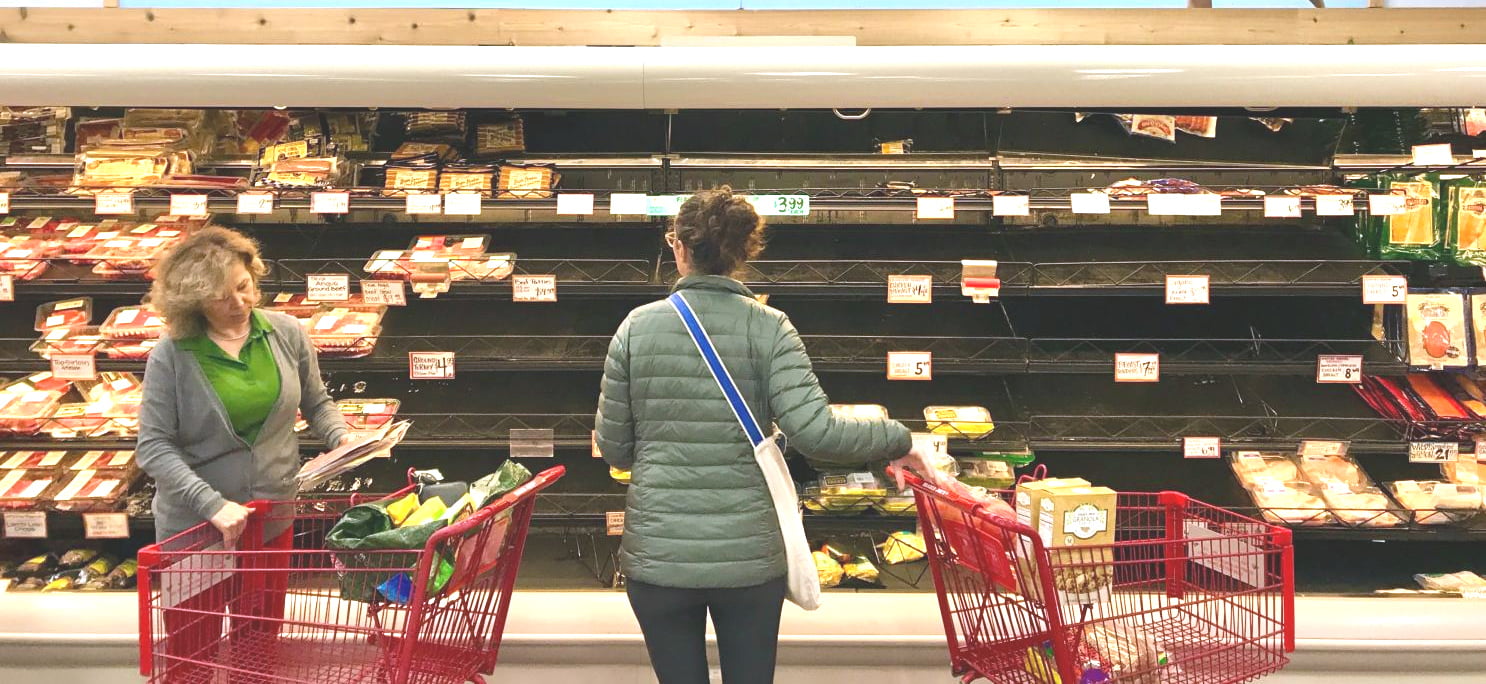Politico, and other websites, are reporting that the food industry is in danger of suffering supply chain disruptions leading to shortages and even empty shelves.
Across the industry there are predictions that the US market may revisit the panic of spring 2020 when the supply chains were stressed and businesses left teetering. As COVID-19 infection rates rise across the country, all sectors of the food industry are in danger of facing even more strain. According to Politico:
- At Retail: Kroger, H-E-B and Publix are bringing back per-customer limits on high-demand items like toilet paper and household cleaners
- At Foodservice: Supply chain giant Sysco said it would scrap its minimum limits for restaurant orders to help stores that are struggling to stay afloat
- In Washington DC: There is interest in establishing permanent resources and policies to avoid a complicated patchwork of federal, state and local measures that comprised the coronavirus response
One big change being seen at retail is that the Thanksgiving and Christmas holidays will look different for many Americans in 2020 due to the pandemic. Gatherings are likely to be fewer and farther between, with social distancing and perhaps even remote family get-togethers. Turkey, the traditional Thanksgiving table centerpiece, has seen price declines of 7% from last year according to a survey by the Farm Bureau. The survey results show that retail turkey prices are the lowest since 2010.
Meat Shortages?
Back in early 2020 meat was in short supply as consumers stocked up their freezer. At the same time, meat producers faced disruptions in their operations which amplified the shortages further. Tyson Foods, the world’s second-largest processor of chicken, beef, and pork, had a staggering shortage of labor due to coronavirus infections among their workers, while the country’s largest pork producer, Smithfield, had to temporarily close down some facilities for the same reason.
Over the summer 2020, meat companies caught up with the demand and as supermarket shelves were stocked up meat prices started dropping. However, some experts warn we aren’t out of the woods yet, and a second meat shortage could be imminent.
Long Lines at Food Banks
While it’s yet to be seen whether the coming weeks will see long lines forming at supermarkets around the country – it’s clear that long lines are already forming at most of teh nation’s food banks. The spike in COVID-19 seems to be having an economic impact that has Americans lining up in historic numbers at food banks. The Rhode Island Community Food Bank reported that as many as 1 in 4 households in the state was facing food insecurity. A North Texas Food Bank representative told the Dallas Morning News that they handed out roughly 8,500 meals to local families during a recent giveaway that in years past has seen fewer than 1,000 show up for donations.

